Feature Image Credit: @build_me_a_bookcase
August guest editor Sarah Zachrich Jeng always had a flair for the morbid and mysterious; and her debut novel The Other Me is perfect for this month’s Get Lit With a New Cross-Genre theme. This inventive read is a surprising combination of two of our favorite genres: suspenseful psychological thriller meets a reinvention of the time travel narrative. Below, Sarah Zachrich Jeng discusses 5 books about toxic masculinity, a major theme in 2021’s The Other Me .
Toxic masculinity encompasses a range of behaviors, from boys being taught to suppress their emotions to intimate partner violence and gender-motivated murders. In my debut novel, The Other Me, the harm done is subtle but pernicious. Here are a few other novels where toxic masculinity is a main driver of the plot.
Alias Grace by Margaret Atwood
The Handmaid’s Tale might be Atwood’s most famous depiction of machismo gone apocalyptically wrong, but Alias Grace features toxic masculinity in quieter, albeit just as insidious, forms. In the book’s nineteenth-century setting, men have the same absolute power over women’s lives as in The Handmaid’s Tale, but rather than it being a source of horror, it’s business as usual. Almost every female character—especially protagonist Grace Marks, who’s in prison for murdering her employer—suffers because of men’s weakness and casual brutality.
Crime and Punishment by Fyodor Dostoevsky
You don’t get much more toxic than Raskolnikov. An alienated young man impulsively kills a disabled woman while he’s murdering her sister, an exploitative pawnbroker, then spends the rest of the novel tearing himself (and pretty much everyone around him) apart with guilt and fear. He gets some redemption in the end but leaves a trail of misery behind him.
Parable of the Talents by Octavia E. Butler
In the second book of Butler’s eerily prescient dystopian/philosophical duology, the United States has imploded due to climate disasters and failures of government, including a president who flexes his power in a distinctly Trumpian manner (down to the “Make America Great Again” campaign slogan). His rhetoric—in tandem with the collapse of civilization—empowers a group of heavily armed, misogynist white supremacists to carry out their dark fantasies on the bodies of people of color, in a world where might makes right and the weak are prey. It’s a warning we should all heed.
True Story by Kate Reed Petty
This book absolutely floored me. It’s about slut-shaming and sexual assault and the way rumors can cast shadows on victims’ lives even years later, and the parts that focus on Alice and how she deals with her trauma are visceral. But Petty also does a deep dive into the insular subculture of a high school lacrosse team, showing us how the male characters are both enabled in their destructive behaviors and pressured to conform, and Nick’s downward spiral happens with the inevitability of a horror movie plot.
Invisible Girl by Lisa Jewell
News accounts of men killing people because no one will have sex with them are depressingly common, and the subsequent insights into “incel” groups online are just as chilling. In Jewell’s book, Owen, a thirtysomething man who’s never had a partner, finds a dark form of community on an incel forum after being accused of sexual misconduct. Then a young woman disappears, leaving Owen under suspicion. Invisible Girl is said to be a character study as much as a thriller, which is right up my alley!

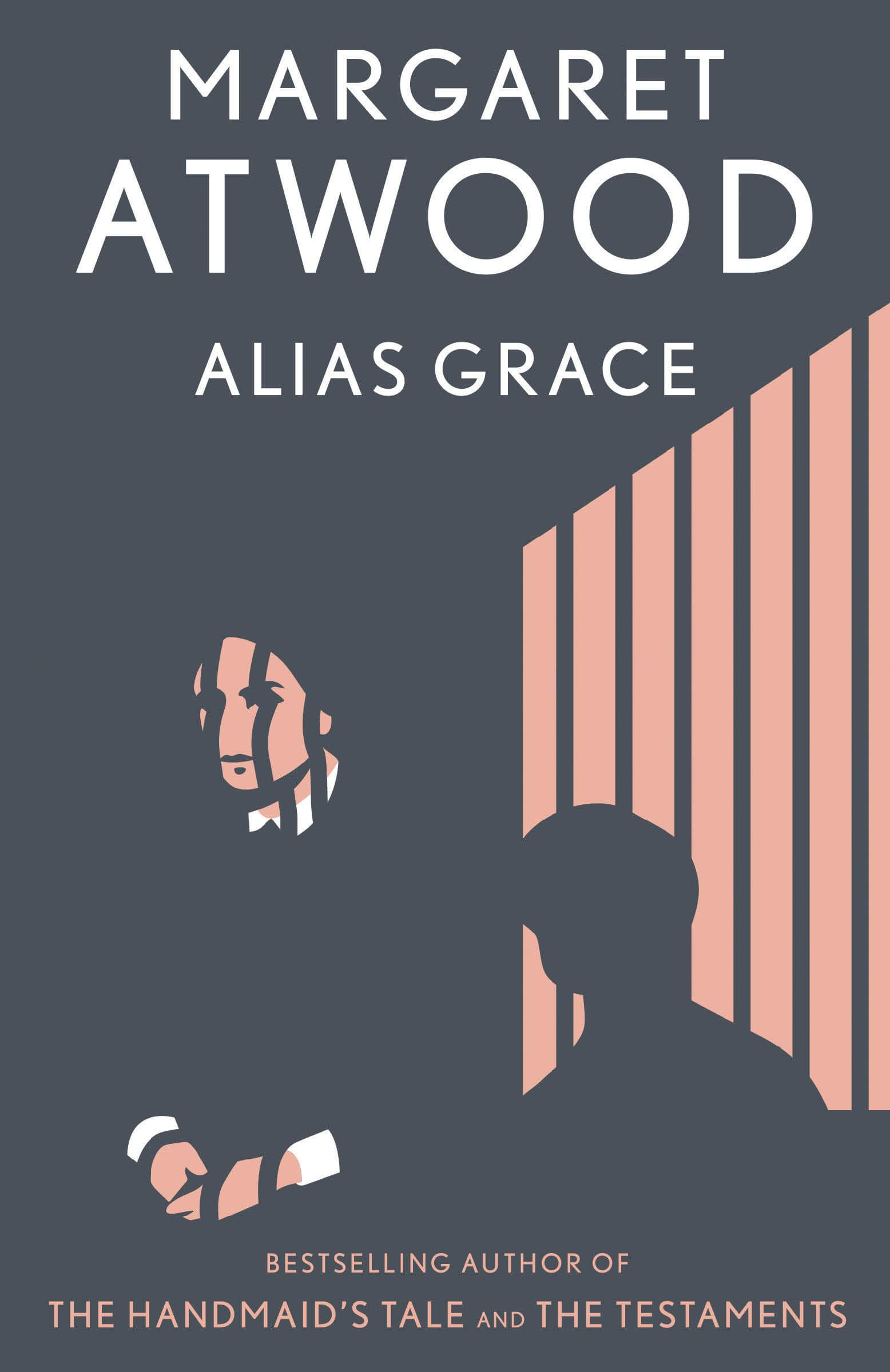
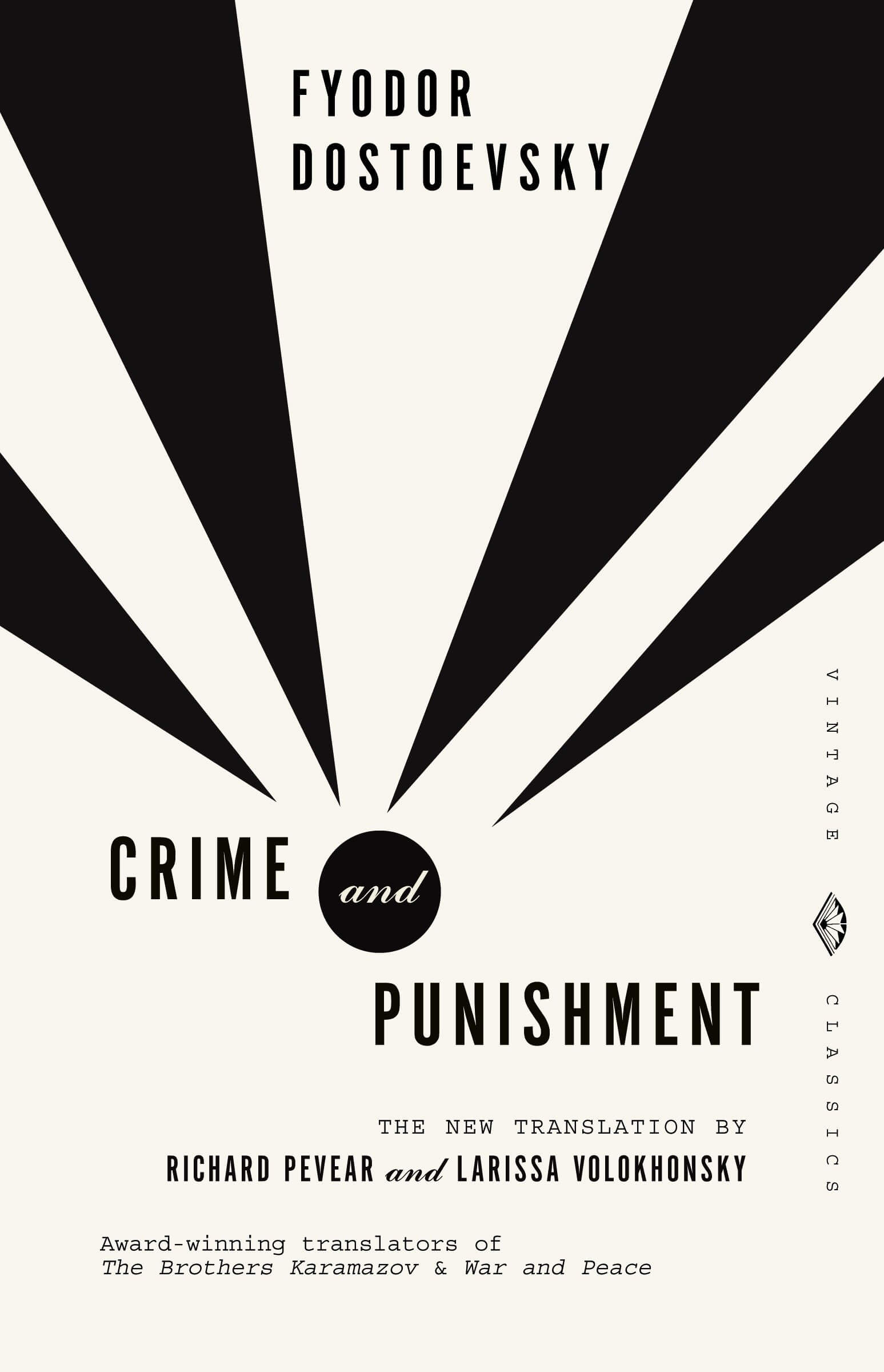
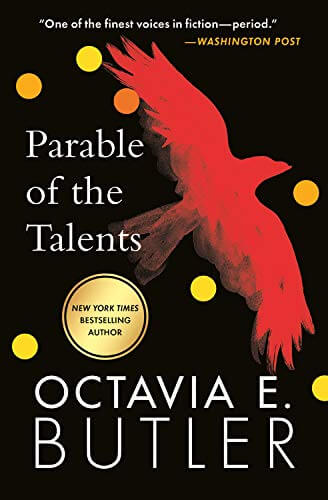
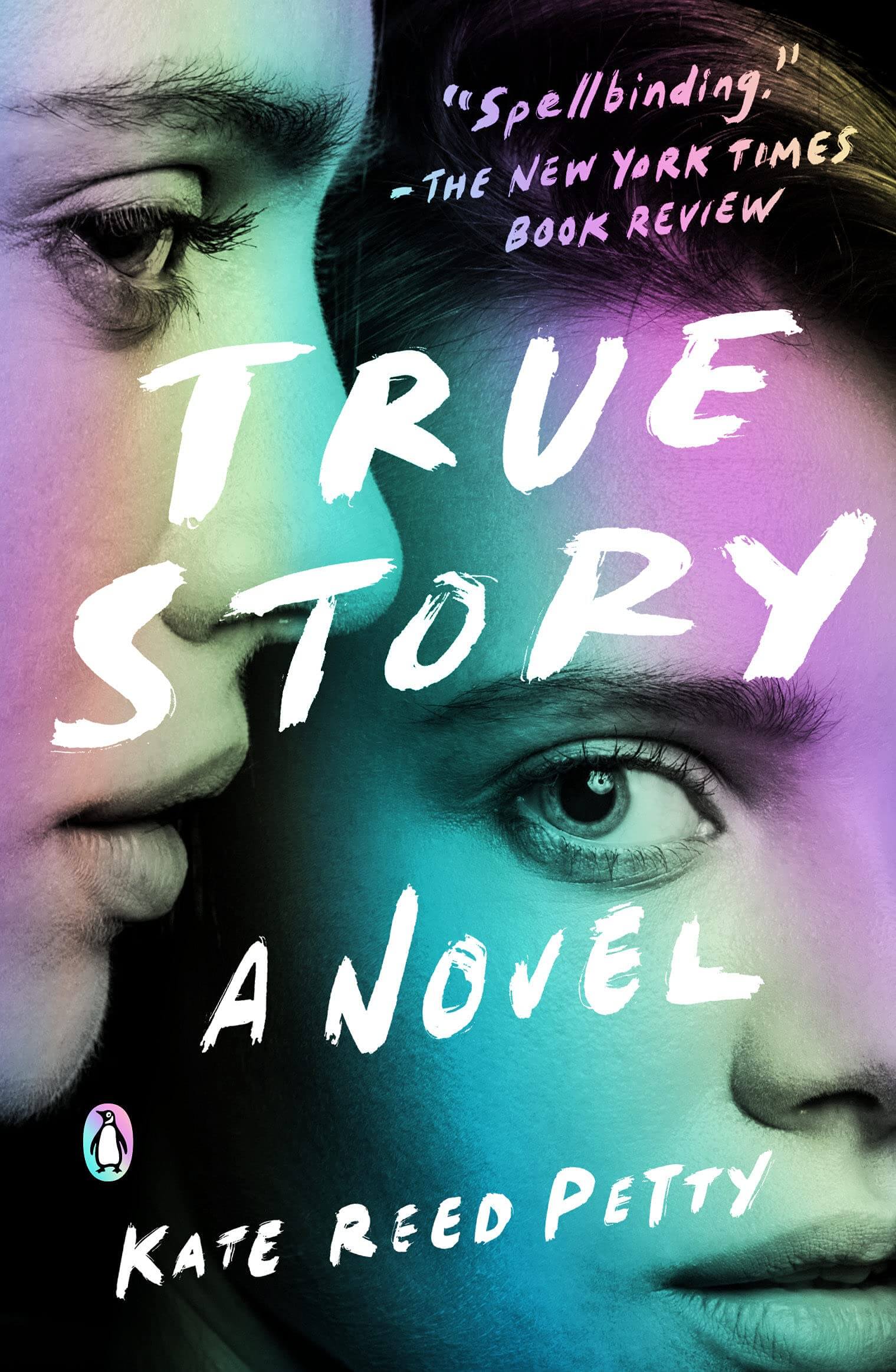
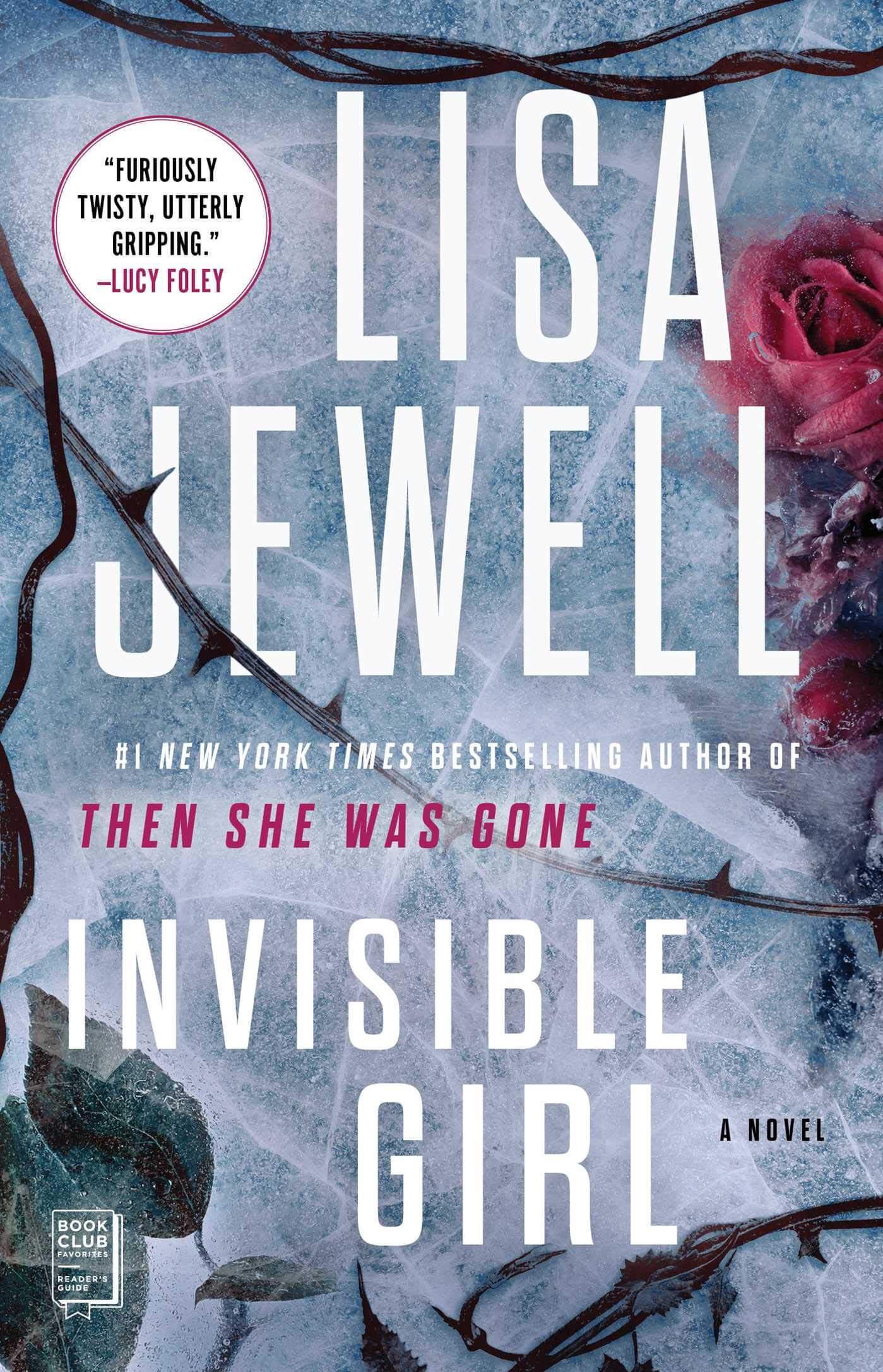
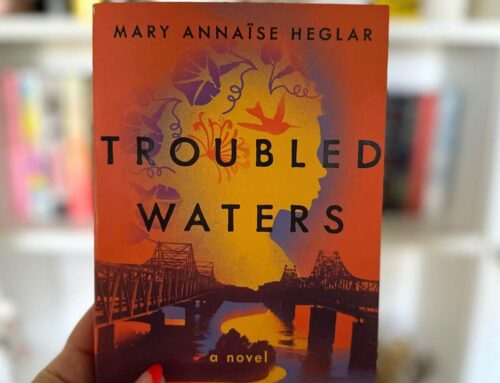
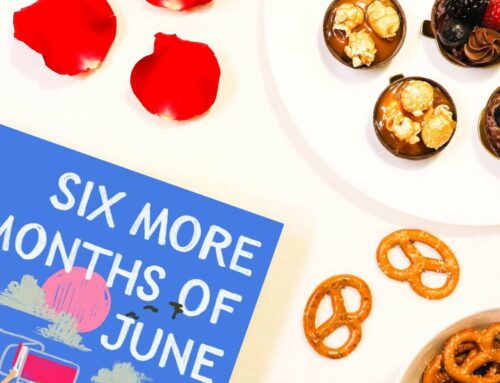
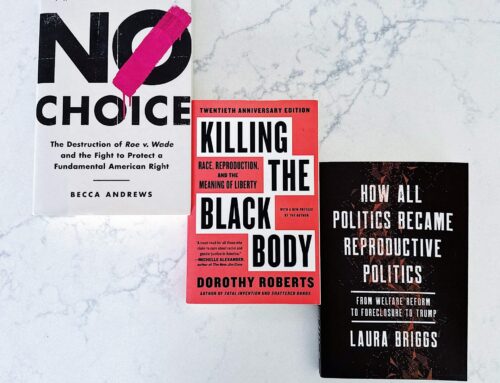

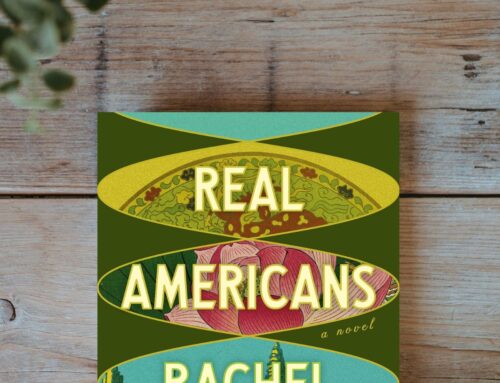
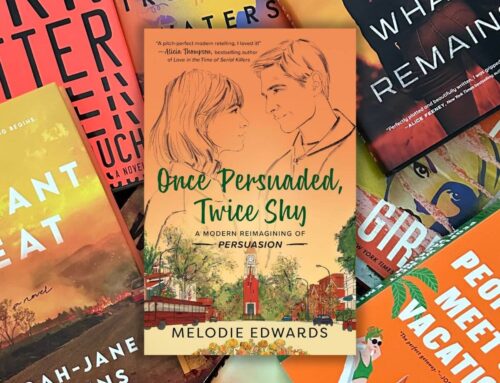
Leave A Comment